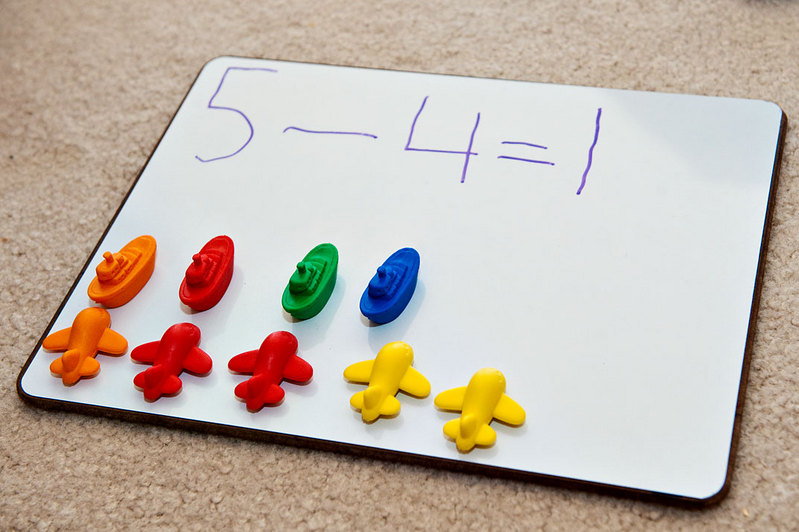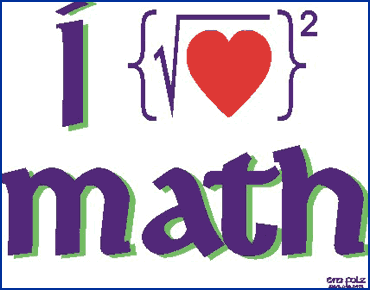In response to the District’s 2018-19 Mathematics Programming Evaluation, we are now positioned to take the first steps forward to improve our system for Math learning and understanding such that it supports ALL learners to engage with mathematics, deeply understand, and apply it. Toward this end, the next few years of professional work in K-8 mathematics will focus on the following long-term objectives:
- Engage students in deep mathematics learning and understanding.
- Build capacity and equip educators to hold ALL students to high expectations.
- Partner with and equip families to support student success.
Our plan for improvement in math focuses on system-wide efforts across a number of critical areas. As depicted in the graphic above, these include:
- Philosophy/ Standards - Our mathematics philosophy for learning will be examined to emphasize deep learning and application of mathematics, development of 21st century competencies and character qualities.
- Teacher Contributions - Teachers of mathematics will engage in professional learning focused on practices that support deep learning of the NJ Student Learning Standards/ Mathematical Practices. Student engagement, equity and access to rigorous standards for diverse learners will serve as focal points for professional collaboration and articulation.
- Curriculum & Curricular Resource - Over the course of the next two academic years, the K-8 mathematics curriculum will be revised and a new curricular resource, enVision 2.0 (6-8) or enVision 2020 (K-5) will be rolled out with the intention of better supporting teachers as they engage diverse students in mathematics learning that is well-aligned to the NJSLS for Mathematics. The Grades 5-8 curriculum/ resource will be implemented in 2019-20. Grades K-4 will be implemented in 2020-21.
- Student Contributions - A visible sign that students are engaged includes their active efforts to monitor their own learning. Teachers of mathematics will incorporate opportunities to develop pro-learning habits including self-monitoring to become more independent learners. This will be accomplished through an emphasis on learning environments that value the importance of positive mathematics identities via investment of time and effort in helping students clearly understand the intentions of math lessons. From this, students will be able to evaluate their understanding and/ or proactively seek resources to improve or extend learning, thereby building the resilience to learn from mistakes, identify helpful resources, and problem-solve.
- Home supports - The new math resource provides parents/ guardians with many more options to help students practice via review of concepts/ skills learned at school. The resource, coupled with instruction that emphasizes student contributions to improve individual learning, better positions students and their families to learn outside of school hours - regardless of the availability, consistency, or strength of out-of-school support.


